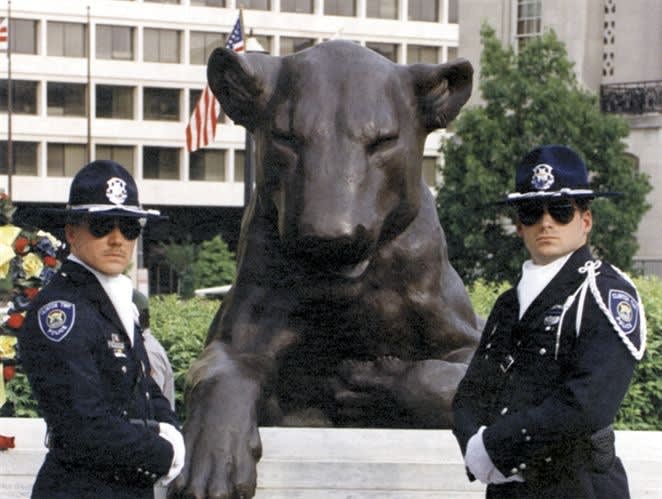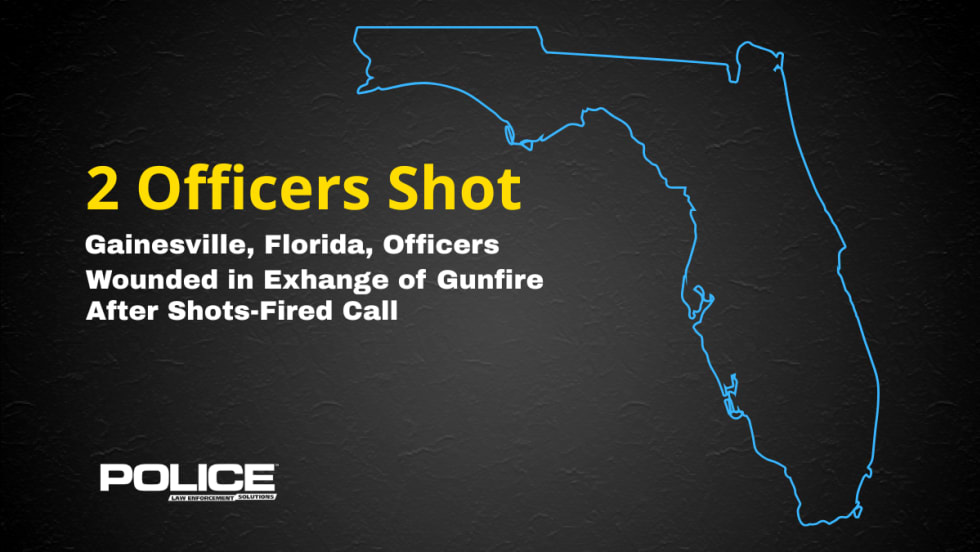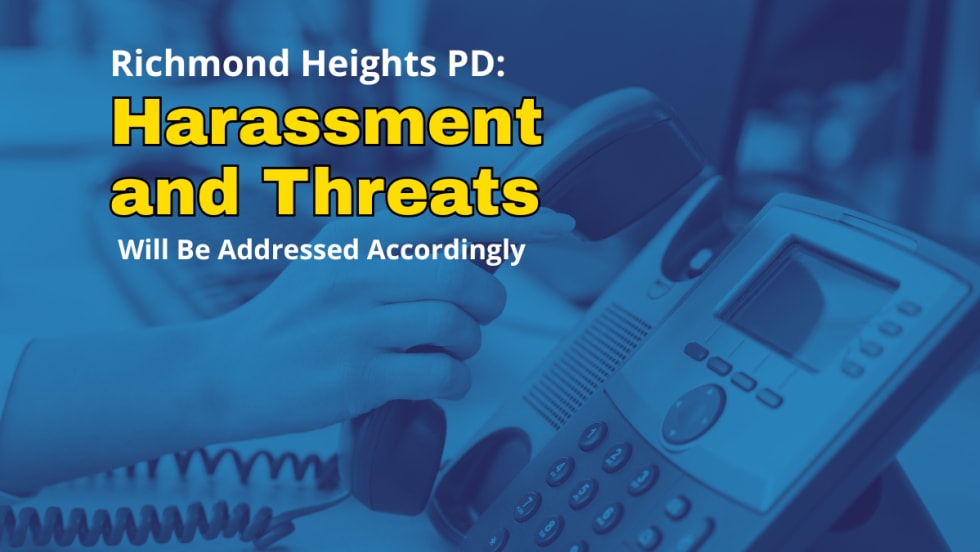My wife is very smart. She has common sense as well as excellent people skills and a compassion for people that I envy. Many of my non-law enforcement friends have important jobs and are also very intelligent. And while not a Mensa candidate, I consider myself to be reasonably intelligent. Why is it then, that I cannot explain to them what the Brotherhood of law enforcement is and why can't they understand?
You can't study something to learn about the Brotherhood. It's not something in a book you can read or a course you can instruct at the academy. The feeling of being brothers (and sisters) with other law enforcement officers is just something you feel. If you don't, you are in the wrong line of work.
The Brotherhood doesn't usually hit you the day you graduate from the academy. It takes time to creep in and wrap itself around your core personality. I remember the day it hit me.
A drunk driver had killed a friend and classmate from the academy during a traffic stop. We buried her in another state, and I remember as we crossed the bridge into the state where she was to be laid to rest, officers who had never met my friend stood at attention in 90-degree heat, saluting a comrade they didn't know and now never would.
That's when I learned about the Brotherhood. Over the years, I have seen it many times. All too often it becomes more evident during times of sadness or tragedy. Usually when an officer has lost his or her life. It shows up when an officer has been seriously hurt and of course in the aftermath of 9-11.
But what is it that makes officers drive hundreds of miles on their own time to attend the funeral of an officer they never knew? What is it that makes us pause when we hear that another officer has lost his or her life defending society?
We recently had a young Trooper, with his career and life ahead of him, tragically killed by a drunk driver. Officers from all over the country attended his funeral, and since his death, officers from other agencies offer me condolences on our loss. They don't know if I knew him or whether we worked together or not. They just feel it. They can't describe it to anyone either. They just know that a part of the Brotherhood has been lost and we are all saddened.
I want to explain it. I want others to understand why hardened officers cry without reservation at the service of someone they've never spoken to. Why they will stand in cold, heat, rain, or shine as long as it takes to say goodbye to a fellow officer.
The color of the uniform suddenly means nothing. Whether the officer was local, state, or federal. He or she carried a badge and that is all we care about. I want the nation to understand why we all go to the nation's capitol to the National Law Enforcement Memorial every May to honor those we have lost.
Don't get me wrong. The Brotherhood doesn't prevent us from having our differences. We still fight amongst ourselves over jurisdiction, who's going to take the paper on the crash, or other unimportant issues. But I know that I have thousands of brothers and sisters, and I can count on them being there for me when I need them.
I still can't explain it. But call it "The Blue Wall," "The Thin Blue Line," the Brotherhood, or any other name, it all means the same thing. And for some reason unless you are part of it, we can't help you understand. I guess we have to accept your not understanding and you have to accept our taking that pause when we think of a lost comrade.
Steven M. Click is a sergeant with the Ohio State Highway Patrol.












